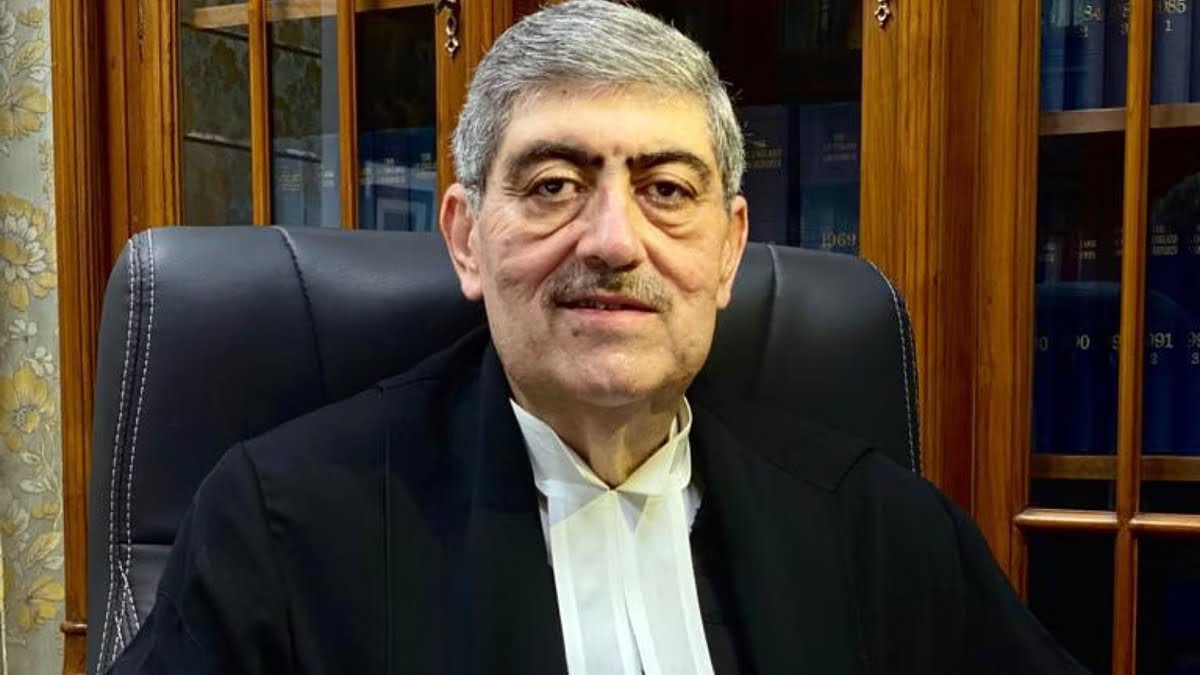PSUs must accept the results of arbitration and not take their disputes to court: Justice Kaul

Sanjay Kishan Kaul, a justice on the Supreme Court, said on Sunday that public sector companies should learn to accept arbitration awards and not take their fights to court just to finish the formalities of filing an appeal. He asked the law minister, Kiren Rijiju, to do something about it.
Justice Kaul spoke at the end of the Delhi Arbitration Weekend, which was put on by the Delhi high court. Justice Kaul talked about his thoughts on the Arbitration Vision 2030. He thought that artificial intelligence would play a bigger role in future arbitrations, but he warned that such tools should be used carefully, with the agreement of all parties and with the right protocols in place.
In his speech, Rijiju said that making it easy to do business and to live will remain a dream if the judiciary doesn’t help. Rijiju showed World Bank data that showed contract enforcement in India is slow because it takes an average of 1,145 days (about three years) to settle a dispute and nearly 38% of the claim value is spent during this process. “These are some of the facts we need to keep in mind,” the minister of law said.
Rijiju said that if India wants to create a strong arbitration system, it will need the support of the government, the judiciary, and all stakeholders. He also said that nothing could stop India from seizing the chance to become a centre for international arbitration.
Justice Kaul said, “I often say that the parties to an arbitration process must learn to accept the award.” “This is even more important for the public sector. There is no reason to go through the second and third levels of scrutiny just to finish the formalities.”
He talked about the Supreme Court’s ruling in the Vijay Karia case in 2020. In that case, the top court said that courts should be slow to change decisions that enforce a foreign award. The judge said that people who owe money on an award shouldn’t use litigation strategies that could make the arbitration process useless.
Both the judge and the law minister talked about technology at some point in their speeches. Justice Kaul talked about the rise of ChatGPT, which is a chatbot that can answer any question in a natural way.
Justice Kaul said, “AI tools must be used very carefully because they can violate due process rights and public policy.” “It goes without saying that these tools can only be used with everyone’s permission and the right rules in place.”
Even with virtual hearings, justice Kaul said that physical hearings will become rarer and rarer over time, but virtual hearings aren’t perfect. He brought up some problems with holding virtual hearings over the objections of one party. These included worries about not having enough access to technology, logistical and scheduling problems caused by different time zones, and the chance that witnesses could be influenced while they testified. The judge said, “Such issues could lead to challenges to arbitral awards and should be carefully decided.”
Rijiju said that the recent proposal in the budget to give 7000 crore to the third phase of the E-courts project shows that the government’s goal is for all Indian courts to go paperless. In this way, he said that the government and the judiciary are “in sync,” since the proposal came from the E-committee of the Supreme Court, which is led by Chief Justice of India Dhananjaya Y. Chandrachud and was approved by the government.
Phases I and II of the E-courts project had some problems, but Rijiju said that Phase III will be “superfast.”
The first day of the Delhi Arbitration Weekend was Friday, and chief justice Chandrachud was there to open it. It was attended by 450 people from 14 different countries. Justice Kaul hoped that when arbitration moves online, the international arbitration community will choose arbitrators from a wide range of backgrounds and give more attention to underrepresented groups, such as women.



